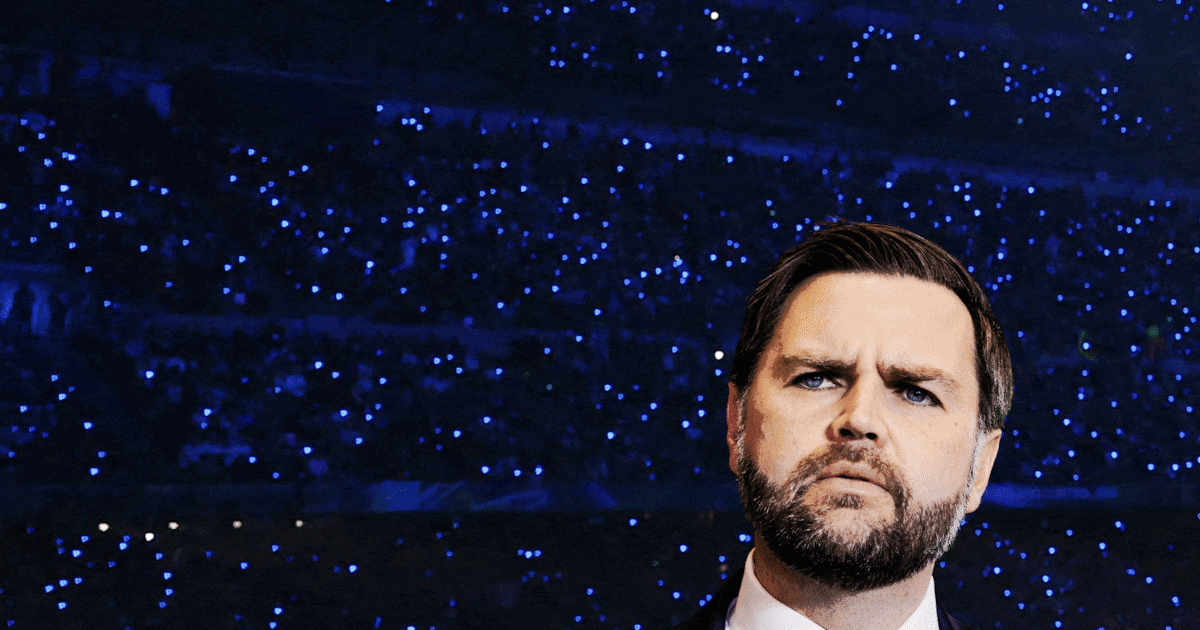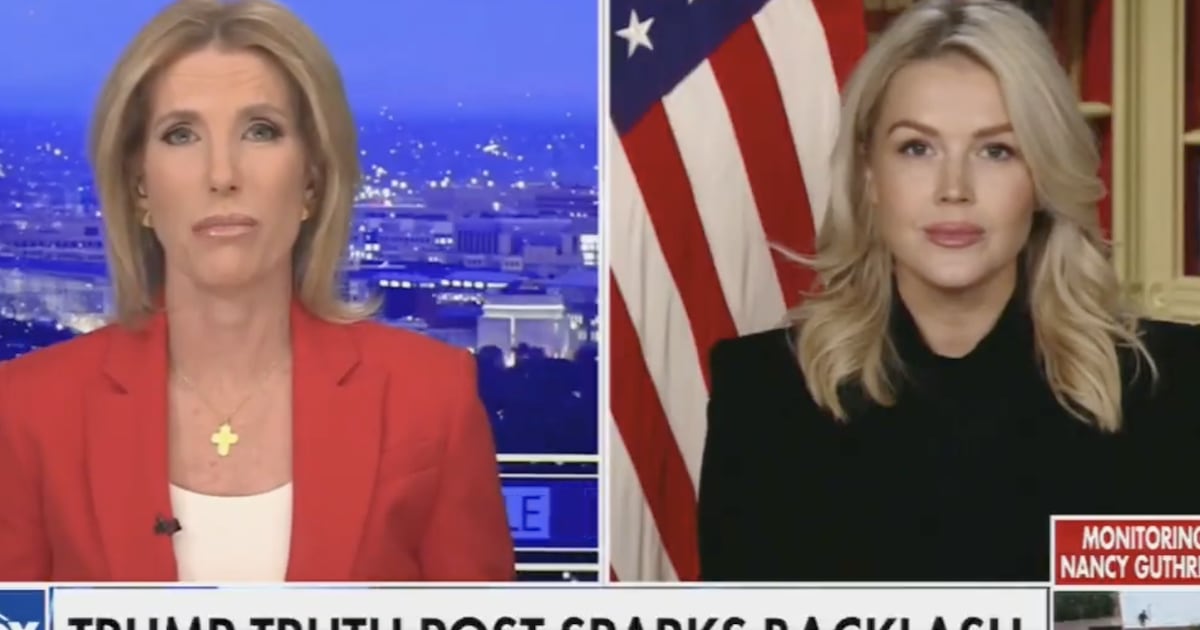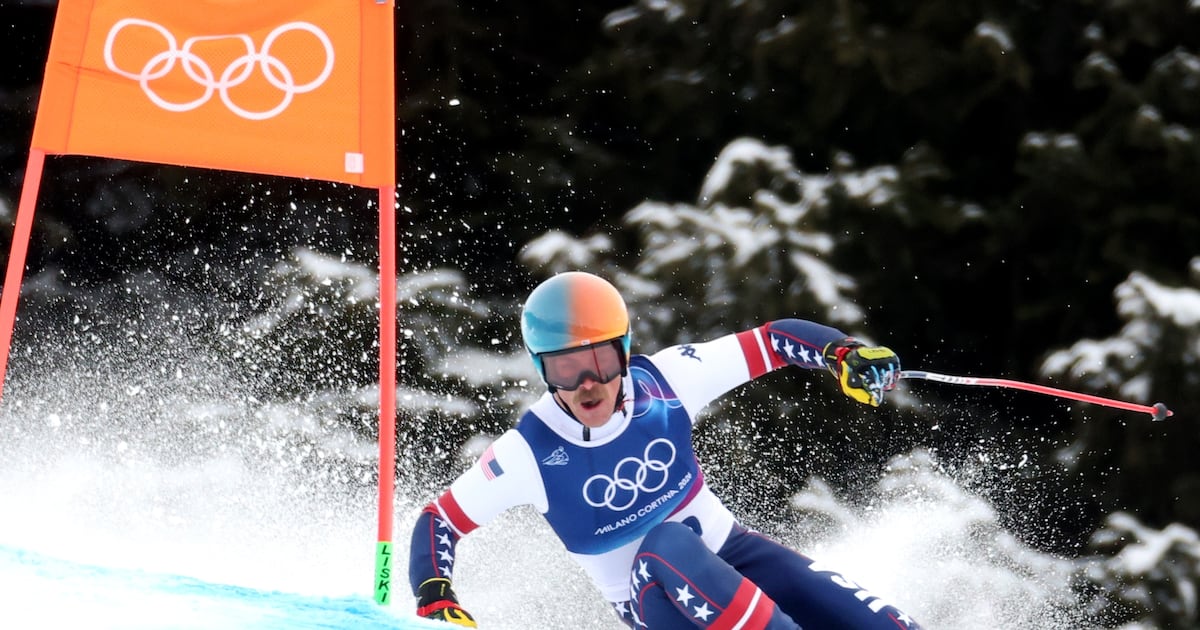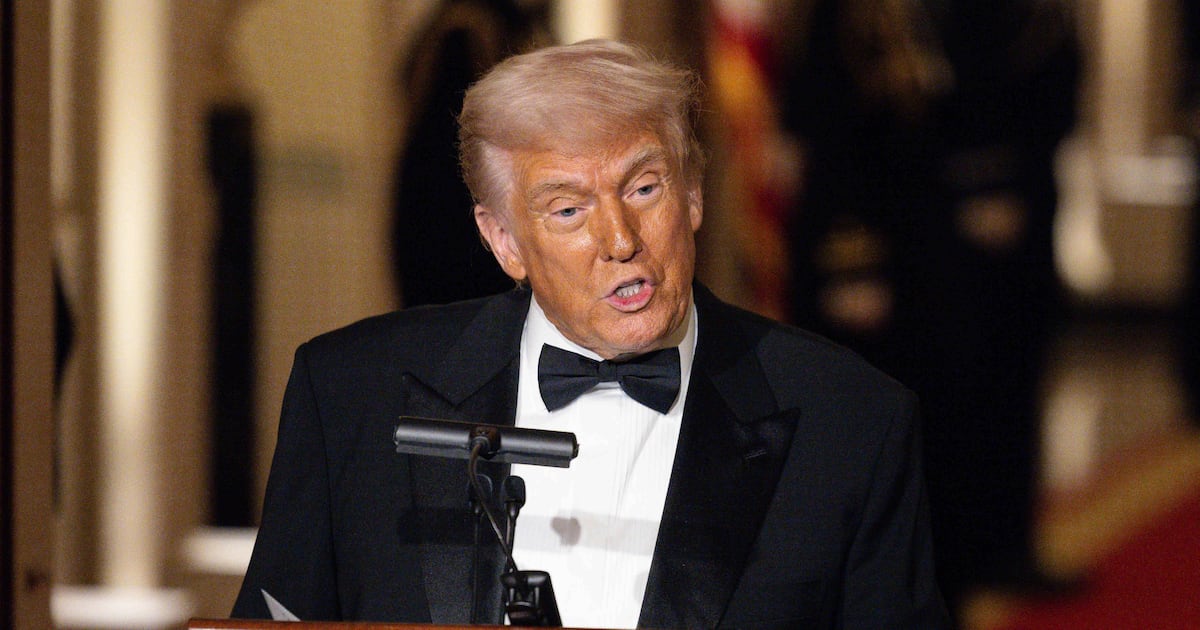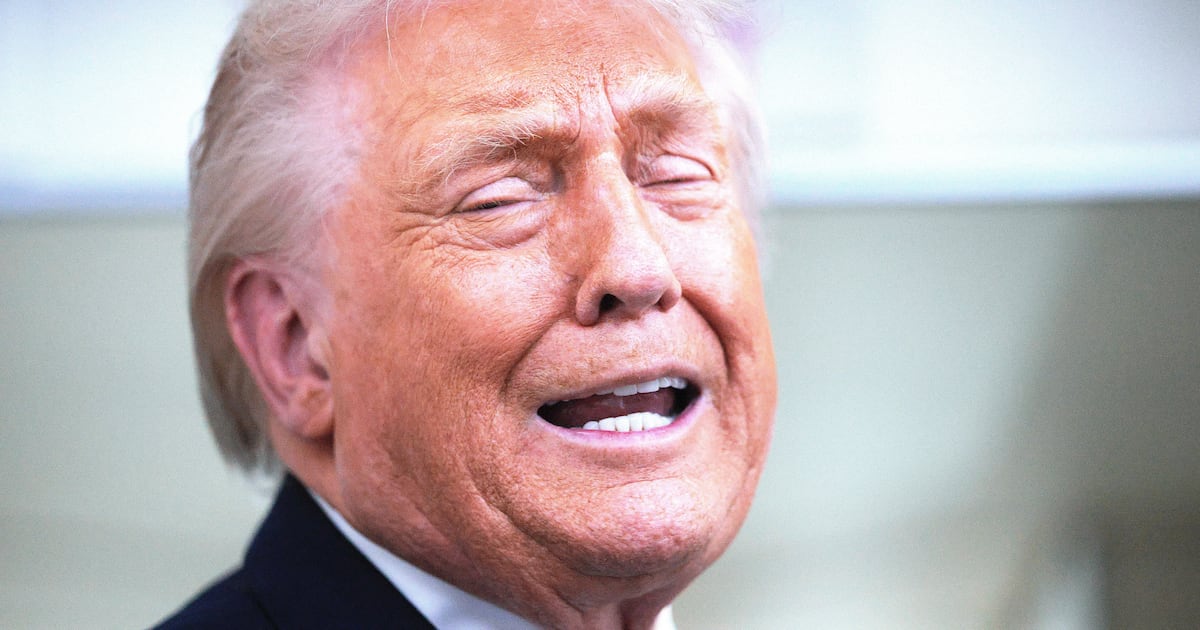LONDON—British businessman Bill Browder says he was briefly detained and questioned by Swiss authorities on Monday night, a week after lawyers acting on his behalf lodged court papers attacking the credibility of Switzerland’s federal prosecutors.
The court filing, seen by The Daily Beast, demands the recusal of one of Switzerland’s top prosecutors because of his links to an alleged Russian double-agent who was working with the Swiss prosecutors’ office.
The alleged double-agent, named only as Victor K. in court, was fired amid allegations of breaching official-secrets laws, corruption, and “unauthorized clandestine behavior,” which included visits with the Russian operatives who were behind the notorious July 2016 Trump Tower meeting.
The employee of the Federal Criminal Police, who was assigned to work closely with the Swiss prosecutor’s office on Russian investigations, appealed in vain against his dismissal, claiming that colleagues knew all about his long history of dealings with Russian officials and go-betweens, such as Natalia Veselnitskaya—whom he met in Moscow.
One of those colleagues was Patrick Lamon, the federal prosecutor overseeing a long-running Swiss-Russian corruption case. Browder’s legal team argue that the police officer was intimately involved with Lamon’s investigation into alleged Russian fraud and corruption—rendering both men unfit to continue with the case.
An investigation underway in Cyprus suggests the Russian general prosecutor’s office has attempted to compromise the prosecutors’ offices of at least one other European country where its interests may come under scrutiny.
The criminal case in Switzerland has been rumbling on since 2011, when Swiss investigators began to explore allegations that proceeds from a $230 million fraud uncovered by Browder’s lawyer, Sergei Magnitsky, had been laundered in Switzerland. It is alleged that corrupted Russian officials tried to cover up illegal cross-border transactions.
A whistleblower who was due to give evidence about the role of Russian officials in the scandal dropped dead while he was out running near his home just outside London. British police initially believed Alexander Perepilichnyy had died of natural causes, but traces of a rare poisonous plant from Asia that is used by professional assassins was later discovered in his stomach. The inquest into his death will continue in April.
Like Magnitsky, who was arrested in Russia, beaten, and left to die in a jail cell, Perepilichnyy will not be able to testify in Switzerland, but the Magnitsky corruption case continues to rock the Swiss establishment.
Browder, the CEO of Hermitage Capital, which was once the largest foreign investor in Russia, was in Switzerland on Monday to address the Geneva Summit for Human Rights and Democracy. He called for more countries to join the United States in signing up to global Magnitsky laws, imposing sanctions against corrupt Russian officials.
As he left Switzerland on Monday evening, he says he was held up by officials. “At about 8 o’clock at Geneva airport I was detained briefly—based on some type of law-enforcement flag—in order for them to get information which I believe was to pass on to the Russians," he said.
Browder said he was only stopped and questioned for a few minutes, but he was concerned that any kind of official flag had been placed on his passport by the Swiss. There was no issue at Customs when he arrived back in Britain.
A spokesman for the Swiss Federal Customs Administration said that “due to data protection” they were unable to confirm whether they had stopped him.
An official from the Office of the Attorney General of Switzerland said they had not ordered the interrogation. “Possible actions taken at Geneva airport were not initiated by the OAG,” a spokesman said.
The attorney general’s office was able to confirm that criminal proceedings have now been launched against Victor K., whom they named only as “a former employee of the Federal Office of Police,” but they denied that his meeting with Veselnitskaya had any “influence on the criminal proceedings in the so-called ‘Magnitsky Case.’”
The officer met Veselnitskaya in Moscow in 2017 on a luxury trip that had been forbidden by his bosses. During K’s failed appeal against his dismissal, the Swiss court heard that the Russian lawyer had raised the Magnitsky case during the meeting.
K. had been personally invited to Russia by Deputy Attorney General Saak Albertovich Karapetyan, from the same Russian general prosecutor’s office that was said to have offered incriminating evidence about Hillary Clinton to Donald Trump Jr.
A submission to the Swiss court by Browder’s lawyers describes K.’s job as a liaison between the Swiss federal prosecutor’s office and the Russian prosecutor general’s office in order to “maintain personal relations with senior representatives of the Prosecutor General of the Russian Federation.”
Court papers demanding the prosecutors’ recusal claim that Lamon’s failure to act on this cozy relationship means he cannot be considered impartial in the case. It is also claimed in the papers submitted to the president of the Court of Complaints at the Federal Criminal Court in Bellinzona that Lamon has refused to disclose to the court how closely K. was involved in the investigation against the Russians.
“These circumstances are likely to give rise to serious doubt about the impartiality of the Federal Prosecutor Lamon, giving the appearance of prejudice on his part,” the document reads.


